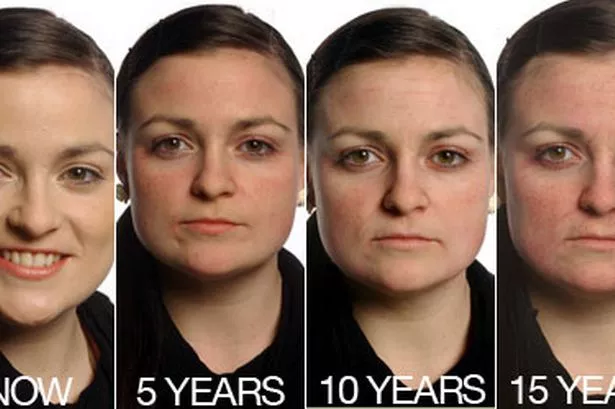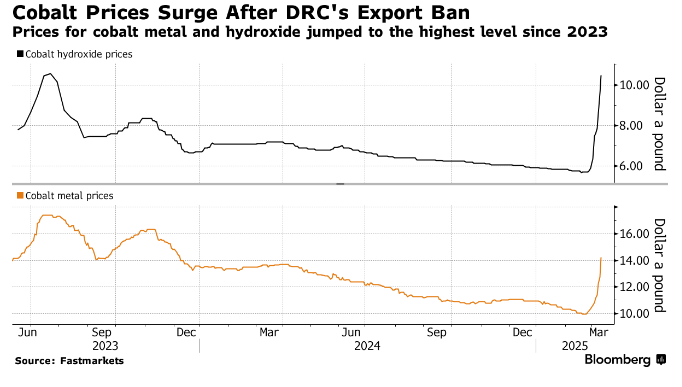Women Are Drinking More: A Growing Concern Among Doctors

Table of Contents
The Rising Tide of Alcohol Consumption in Women
Statistics and Trends
Data clearly illustrates a concerning upward trend in alcohol consumption among women. Studies show a significant increase in "alcohol consumption women" across various demographics. For instance, [cite a reputable source with statistics on increased alcohol consumption among women]. The rise isn't uniform; trends vary depending on age, socioeconomic status, and geographic location. For example, [cite a source illustrating variations in trends]. Keywords like "women's alcohol use" and "female alcohol abuse" are frequently used in research to highlight this expanding concern.
- Specific statistics: [Insert specific data points, e.g., percentage increase in alcohol consumption among women aged 25-44 over the past decade].
- Changing drinking patterns: [Describe shifts in drinking habits, e.g., increased frequency of binge drinking].
- Geographical variations: [Highlight any regional differences in alcohol consumption rates among women].
Underlying Factors Contributing to Increased Drinking in Women
Societal Pressures and Expectations
The societal pressures and expectations placed upon women significantly impact their drinking habits. The modern woman often juggles multiple roles – career, family, and personal life – leading to increased stress and a reliance on alcohol as a coping mechanism. The pervasive "women's stress" contributes to a culture where alcohol is normalized as a solution, blurring the lines between social drinking and problematic alcohol use. The media often portrays alcohol consumption as glamorous and relaxing, further reinforcing this normalization of "alcohol and social pressure." Social media platforms exacerbate this issue, showcasing idealized images of women enjoying alcohol in social settings.
- Examples of societal pressures: [Provide specific examples, e.g., pressure to succeed in a demanding career, societal expectations of motherhood].
- Media portrayal: [Discuss how media perpetuates unrealistic ideals about alcohol consumption].
- Social media influence: [Analyze the role of social media in normalizing and potentially encouraging alcohol use].
Mental Health and Alcohol's Role
A strong correlation exists between mental health issues and increased alcohol consumption in women. "Alcohol and mental health women" is a critical area of study. Many women turn to alcohol as a form of "self-medication," attempting to alleviate symptoms of anxiety, depression, or other mental health disorders. This, however, creates a dangerous cycle: alcohol may provide temporary relief, but it ultimately exacerbates mental health problems in the long run.
- Statistics: [Insert statistics linking mental health issues and alcohol abuse in women].
- Dangerous cycle: [Explain how alcohol use negatively impacts mental health and vice-versa].
- Resources: [Provide links to mental health support resources].
Physiological Differences and Alcohol's Impact
Women's bodies metabolize alcohol differently than men's, leading to increased health risks at lower consumption levels. "Women's alcohol metabolism" is slower and less efficient, resulting in higher blood alcohol concentrations for the same amount of alcohol consumed. This contributes to a higher risk of developing alcohol-related liver disease, heart problems, and other health issues, making "alcohol and women's health" a critical area of focus. Understanding "alcohol liver damage women" is crucial.
- Physiological differences: [Explain the biological factors contributing to differences in alcohol metabolism].
- Increased health risks: [Detail the higher risks of specific health problems in women].
- Drinking levels and risk: [Outline the health risks associated with different levels of alcohol consumption].
The Health Consequences of Increased Alcohol Consumption in Women
Physical Health Risks
The physical health risks associated with increased alcohol consumption in women are substantial. These include a significantly heightened risk of liver disease, heart problems, certain types of cancer (breast cancer, in particular), and fertility issues. "Alcohol's effects on women's health" are far-reaching and devastating. Understanding "alcohol related illnesses women" is crucial for preventative measures.
- Specific health problems: [List specific health problems and their connection to alcohol].
- Prevalence statistics: [Provide data on the incidence of alcohol-related diseases in women].
- Long-term consequences: [Discuss the long-term impact of excessive alcohol consumption].
Mental Health Risks
Excessive alcohol consumption negatively impacts women's mental health, increasing the risk of depression, anxiety, and other mental health disorders. "Alcohol and depression women" and "alcohol and anxiety women" are directly linked. The combination of alcohol abuse and pre-existing mental health conditions can lead to a vicious cycle, often resulting in severe consequences, including increased risk of suicide attempts. Understanding the impact of "alcohol and mental health problems" is vital.
- Alcohol's impact on mental health: [Explain how alcohol exacerbates existing mental health issues].
- Increased risk of suicide: [Discuss the link between alcohol abuse and suicidal ideation in women].
- Resources: [Provide links to resources for alcohol abuse treatment and mental health support].
Conclusion
The evidence overwhelmingly indicates that women are drinking more, leading to significant health concerns. The underlying factors – societal pressures, mental health challenges, and physiological differences – all contribute to this alarming trend. The physical and mental health consequences are severe and far-reaching. Understanding the issue of "women are drinking more" is the first step towards addressing it.
If you or someone you know is struggling with alcohol consumption, please reach out for help. Addressing the issue of "women are drinking more" requires collective action and access to resources. Let's work together to promote healthier choices and support those in need. [Insert links to resources such as Alcoholics Anonymous, SAMHSA, and other relevant organizations].

Featured Posts
-
 Jalen Brunsons Disappointment Missing Cm Punk Vs Seth Rollins On Raw
May 15, 2025
Jalen Brunsons Disappointment Missing Cm Punk Vs Seth Rollins On Raw
May 15, 2025 -
 Foot Locker Argument Ends In Death West Broad Street Incident Reported By Jon Burkett
May 15, 2025
Foot Locker Argument Ends In Death West Broad Street Incident Reported By Jon Burkett
May 15, 2025 -
 Nba Play In Tournament Warriors Grizzlies Matchup Breakdown
May 15, 2025
Nba Play In Tournament Warriors Grizzlies Matchup Breakdown
May 15, 2025 -
 Congos Cobalt Export Ban Market Impact And The Awaiting Quota Plan
May 15, 2025
Congos Cobalt Export Ban Market Impact And The Awaiting Quota Plan
May 15, 2025 -
 Pei Legislature Debates High Profile Nhl 4 Nations Face Off Costs
May 15, 2025
Pei Legislature Debates High Profile Nhl 4 Nations Face Off Costs
May 15, 2025
